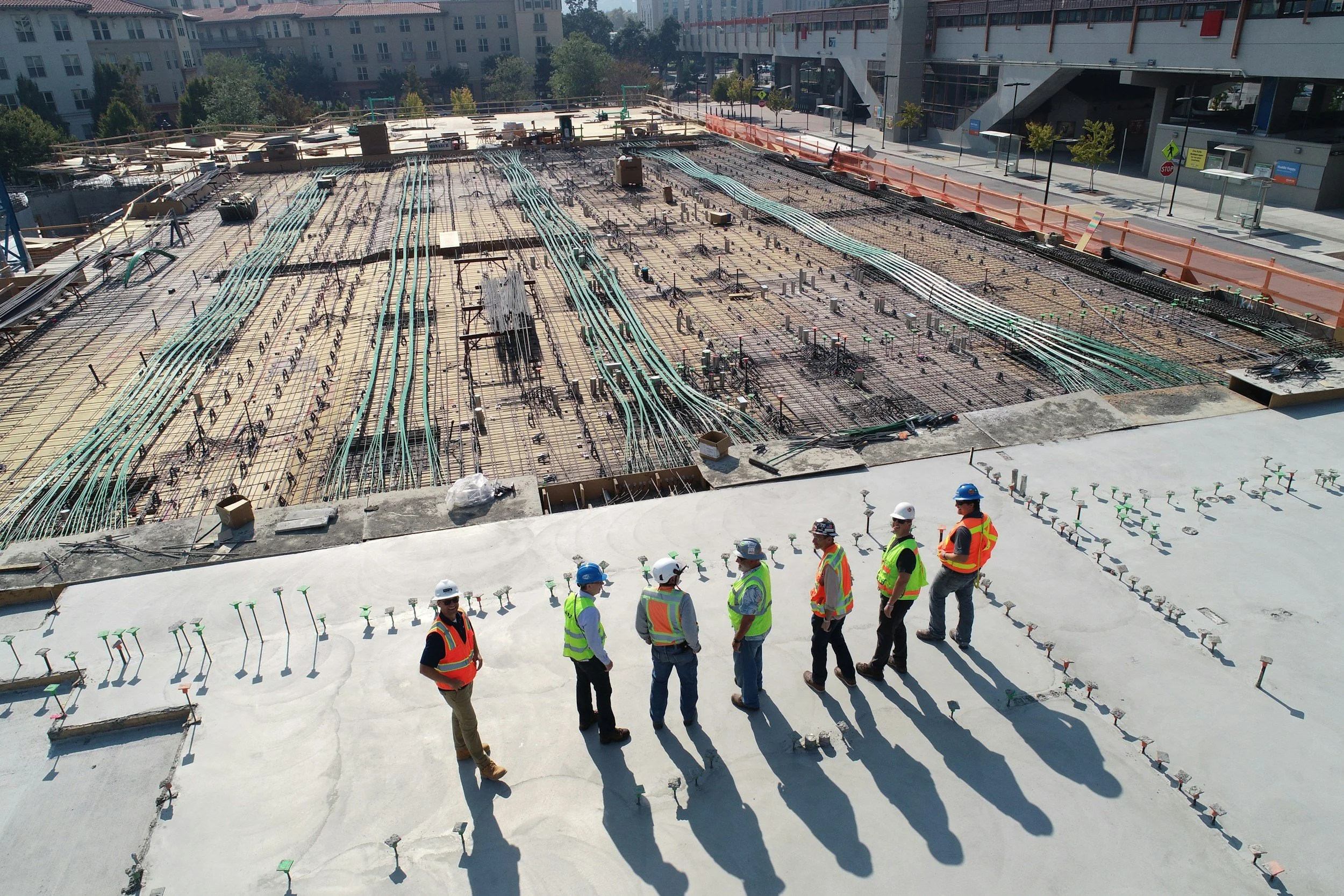To Adjudicate or to Mediate Construction Disputes?
To Adjudicate or to Mediate?
In Hong Kong SAR, statutory adjudication is a mandatory right in disputes arising under the Construction Industry Security of Payment Ordinance (Cap. 652) (“SOP Ordinance”), which will come into full operation on 28 August 2025. Less commonly, parties may also agree to refer disputes to adjudication through contractual agreement.
Adjudication is a very quick process in comparison to other more formal methods such as arbitration and litigation. The adjudicator must make a determination and serve it on the nominating body within 55 working days after the date the adjudicator is appointed or a longer period if agreed by the parties (see Cap. 652 section 42(5)). With limited rights to challenge the decision even if it is wrong, adjudication is often termed "quick and dirty" justice.
In comparison to adjudication, the timeframe for mediations depends upon the parties' agreement. Mediations are usually fixed for one or two days initially but complex, multi-party disputes can result in much longer mediations.
The costs of adjudication include (i) the fees charged under section 65(1) and payable to the nominating body that appoints the adjudicator and the expenses incurred by the body; (ii) the fees and expenses of the adjudicator specified in subsection (2); and (iii) the costs of any independent expert appointed, or of any inspection of a construction site, any construction work or any other thing carried out, under section 35(1); but do not include the costs or expenses incurred by a party as a result of or in relation to the adjudication proceedings.
Costs of mediation are usually low and consist primarily of the mediator's fees, any venue hire costs and the legal fees in preparing and attending the mediation.
The adjudication process is less formal than arbitration or litigation. Strict rules of evidence do not apply and the parties produce only the documents that they rely upon. Rules of procedure are selected by the parties and are usually the rules of the adjudicator nominating body. The adjudicator must also abide by the rules of natural justice in conducting the adjudication and arriving at a decision. The adjudication process and decision is confidential unless it becomes the subject of enforcement proceedings or a challenge in court or through arbitration.
Mediation can be as informal as the parties wish. The parties produce only those documents that they wish to support their negotiating position. Mediation is private, confidential and conducted on a 'without prejudice' basis.
The adjudication process is not suitable for parties seeking creative remedies or for overly complex technical or factual disputes.
The remedies available in mediation are wide ranging. The parties need not confine themselves to strict legal remedies and the parties can be creative in reaching an agreement on a solution suitable for their needs.


